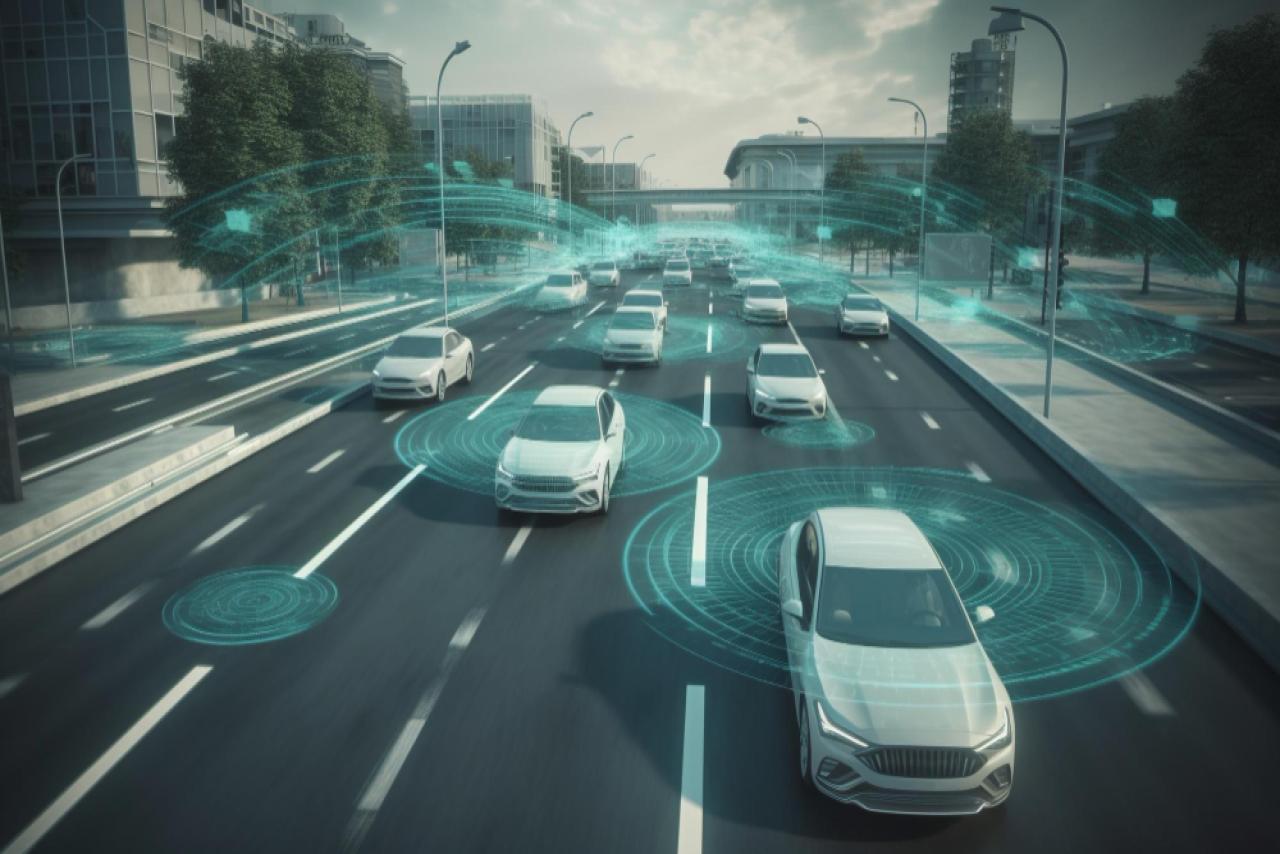In the realm of technology, a silent revolution is unfolding as autonomous systems gain prominence. These intelligent entities, equipped with advanced sensors and artificial intelligence, are reshaping industries and redefining the way we perceive automation. This exploration into the "Progress in Autonomous Systems" delves into the multifaceted aspects of these smart machines, their applications, challenges, and the profound impact on our interconnected world.
Introduction to Autonomous Systems
1. Defining Autonomous Systems
Embark on this journey by understanding the essence of autonomous systems. Explore how these systems, driven by AI and sensors, can make decisions and execute tasks without human intervention, marking a paradigm shift in automation.
2. Evolution from Automation to Autonomy
Trace the evolution from traditional automation to autonomy. Uncover the technological advancements that have enabled machines to move beyond programmed responses, embracing adaptive decision-making and learning capabilities.
The Core Components of Autonomous Systems
1. Sensing the Environment: Advanced Sensor Technologies
Explore the critical role of sensors in autonomous systems. Delve into the advancements in sensor technologies, including LiDAR, radar, and computer vision, that empower machines with the ability to perceive and interpret their surroundings.
2. Artificial Intelligence: The Brain Behind Autonomy
Understand the pivotal role of artificial intelligence in autonomous systems. Examine how machine learning algorithms and deep neural networks enable these systems to analyze data, learn from experience, and improve their performance over time.
Applications Across Industries
1. Automotive Autonomy: The Rise of Self-Driving Vehicles
Unveil the advancements in autonomous vehicles, from self-driving cars to automated trucks. Explore the impact on transportation, safety considerations, and the potential to revolutionize the way we move from one place to another.
2. Robotics Revolution: Autonomous Machines in Industry
Dive into the robotics landscape and how autonomous machines are transforming industries. From manufacturing and logistics to healthcare and agriculture, witness the integration of smart robots into diverse sectors.
Challenges in Autonomous Systems
1. Safety Concerns: Navigating the Roadblocks
Address safety concerns associated with autonomous systems. Explore the ethical considerations, regulatory challenges, and the measures being taken to ensure the safe deployment of these intelligent machines.
2. Human-Autonomy Collaboration: Striking the Right Balance
Examine the delicate balance between human oversight and autonomy. Discuss how collaboration between humans and autonomous systems can optimize efficiency while addressing concerns related to trust and accountability.
The Future of Autonomous Systems
1. Advancements on the Horizon: What Lies Ahead
Envision the future of autonomous systems and the potential breakthroughs on the horizon. Explore emerging technologies, such as swarm robotics and quantum computing, that could further enhance the capabilities of these intelligent machines.
2. Ethical AI and Responsible Autonomy
Discuss the importance of ethical AI and responsible autonomy. Explore initiatives and frameworks aimed at ensuring that autonomous systems align with societal values, adhere to ethical standards, and contribute positively to human well-being.
Autonomous Systems in Everyday Life
1. Smart Homes and IoT Integration
Examine how autonomous systems are entering our daily lives through smart homes and the Internet of Things (IoT). Explore the convenience, efficiency, and challenges associated with integrating autonomy into our domestic environments.
2. Personal Robotics: Companions and Assistants
Delve into the realm of personal robotics, where autonomous machines become companions and assistants in our homes. Discuss the potential benefits, ethical considerations, and societal impact of these intelligent companions.
Collaborative Autonomy in Industry 4.0
1. Industry 4.0 Transformation: Smart Factories and Beyond
Explore the concept of Industry 4.0 and how collaborative autonomy is driving transformations in smart factories. Discuss the integration of autonomous systems into manufacturing processes, supply chains, and logistics.
2. Challenges and Opportunities in Industry 4.0
Address the challenges and opportunities presented by the convergence of autonomous systems and Industry 4.0. Discuss the potential for increased efficiency, reduced costs, and the need for upskilling the workforce to adapt to this technological shift.
Conclusion: Embracing the Autonomous Future
As we conclude this exploration into the progress of autonomous systems, reflect on the transformative impact these intelligent machines are having on various aspects of our lives. Embrace the possibilities while acknowledging the challenges, and envision a future where autonomy contributes to a more connected, efficient, and sustainable world. The journey into the realm of autonomous systems is not just a technological evolution but a societal transformation, inviting us to navigate this path with curiosity, responsibility, and a collective vision for a smarter and more autonomous future.




